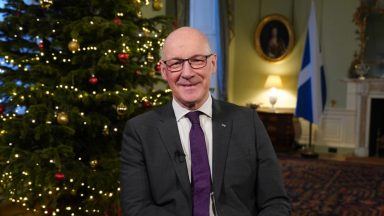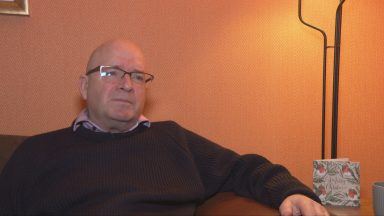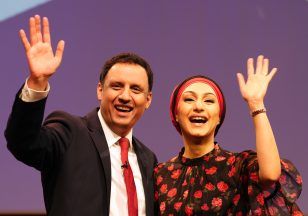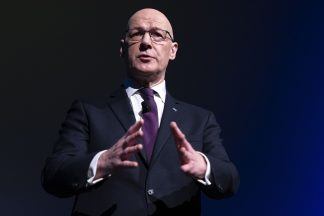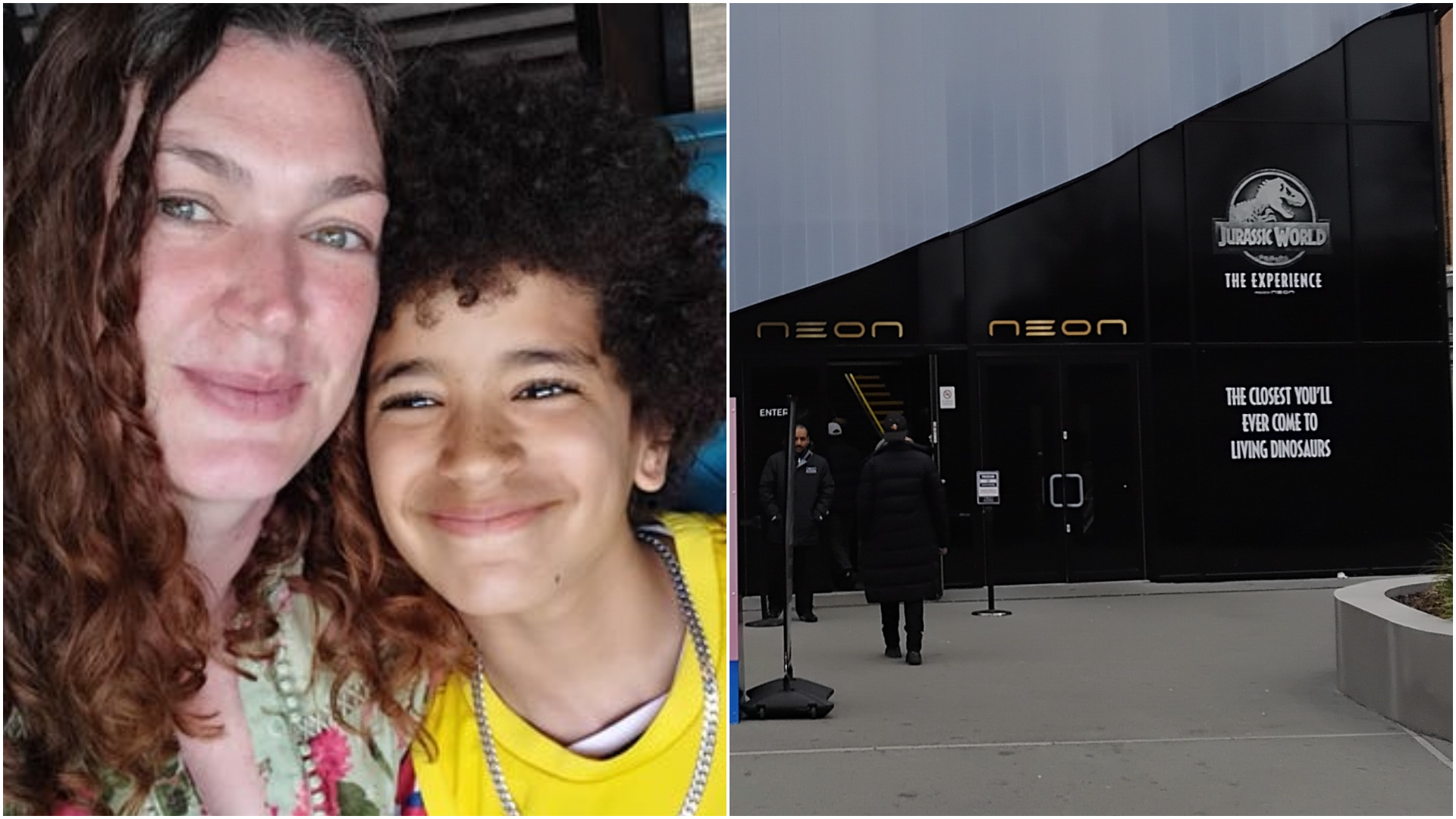MSPs have voted to back the Scottish Government’s tax and spending plans in a Holyrood vote.
Deputy First Minister John Swinney said the budget for the next year would deliver on the “priorities of a progressive government”.
MSPs voted to back the Budget (Scotland) Bill by 68 votes to 56 at stage one.
Under plans initially announced in December, taxes on the highest earners in Scotland will increase in response to rising inflation.
Swinney set out plans to raise taxes on higher earners, with the top rate threshold reducing from £150,000 to £125,140, as well as an increase of 1p to the higher and top rates to 42p and 47p respectively.
Swinney also told MSPs the Scottish Government still had a £100m overspend in this year’s budget.
Wrapping up the debate, he said: “The Finance convener (Kenneth Gibson) asked me to provide an update on the current financial year and the degree to which I am wrestling with securing a path to balance.
“For completeness to the convener, I am still wrestling with an estimated overspend… of approximately £100m.
“So we are still working to secure balance despite the steps we have taken to re-allocate public expenditure.”
Business rates, the Deputy First Minister also announced, would be frozen for the forthcoming year under the proposals.
Swinney also announced plans to uprate all devolved Scottish benefits by the November inflation rate of 10.1% at a cost of £420m.
Speaking to MSPs on Thursday, he said: “This budget delivers the priorities of a progressive government.
“It provides us with an opportunity to demonstrate how we can collaboratively and successfully as a Parliament, in the most difficult of times, deliver support and the best outcomes to the people of Scotland.
“I believe this budget represents a fair and ambitious package and I urge all members across the chamber to support it today.”
Swinney also said that, along with the Greens – who entered into an agreement with the Scottish Government that all but guarantees the passage of the budget without the need for opposition votes – “we are working to create a progressive path for Scotland”.
The Government said the budget this year focuses on the priorities of eradicating child poverty, delivering a just transition to net-zero, and providing sustainable public services.
But local authorities have hit out at what they say is a lack of funding, claiming the £550m cash increase could be as low as £71m once Government ring-fencing of money is taken into account.
In a briefing, council body Cosla said its members are considering up to 7,100 job cuts over the next three years as a result of funding pressures.
The debate on the budget was enlivened as a result of outcry from the Scottish Conservative benches, with MSP Stephen Kerr accusing Finance and Public Administration Committee convener Kenneth Gibson of making a speech that was too political, describing the comments as a “second Government speech”.
Speaking for the Conservatives, Liz Smith said the Scottish economy was underperforming compared to the rest of the UK.
“Structural weaknesses” in the Scottish economy are due to choices made by the SNP rather than Westminster, she said.
Smith added: “Mr Swinney has had more money from the UK government than he has been prepared to admit.”
She acknowledged it is not currently possible to remove income tax differentials with the rest of the UK despite this being the Conservatives’ preference.
The additional income tax will raise less than 0.2% of the Scottish budget, she said, making it “very much a political choice of the SNP, rather than helping the economy”.
Smith said the Scottish Government should scrap its plans for a National Care Service.
She concluded: “We do not believe that the SNP’s priorities are in line with the priorities of the people of Scotland.”
Labour’s Daniel Johnson said the Budget contained “no new plans, no new solutions, no new answers” to the problems facing Scotland.
He repeated Labour’s call for pay in the social care sector to be increased to a minimum of £12 an hour, saying this would cost between £150m and £200m.
Setting out how this could be afforded, he said: “Pause the National Care Service which would save £95m in the coming year.
“That’s where £12 an hour can be found, it is affordable.
“But instead this government chooses to pursue a ministerial power grab instead of doing what would be right – paying social care workers a fair wage.”
Follow STV News on WhatsApp
Scan the QR code on your mobile device for all the latest news from around the country


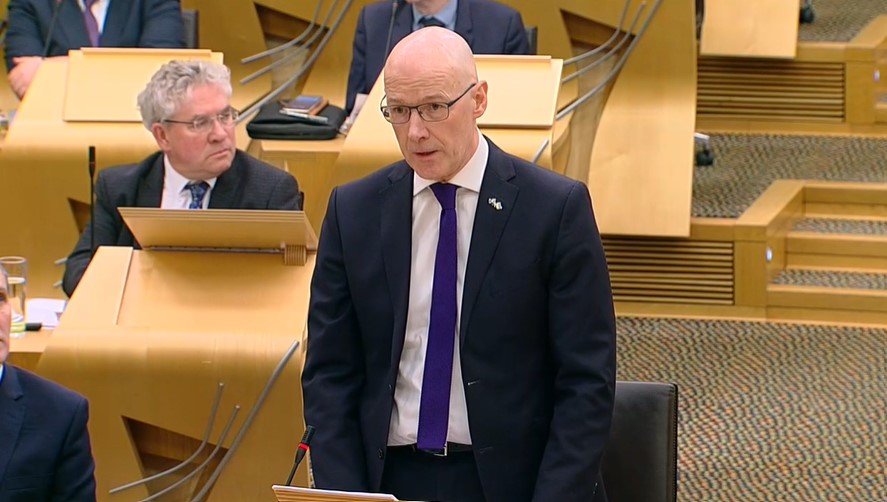 Scottish Parliament
Scottish Parliament






